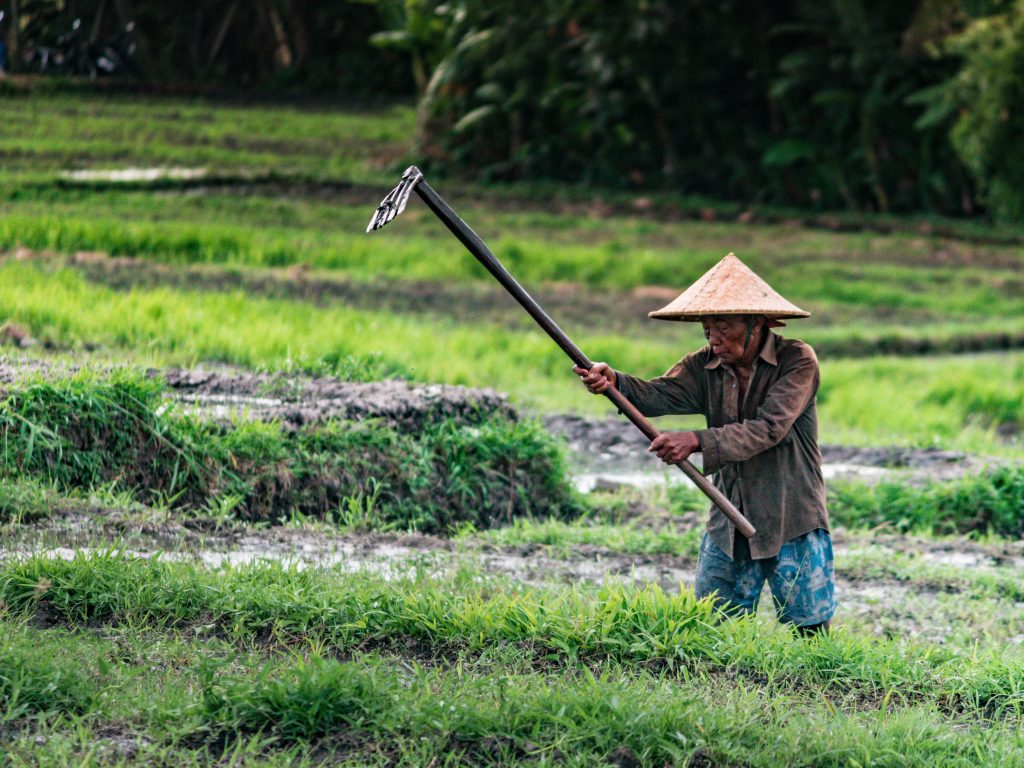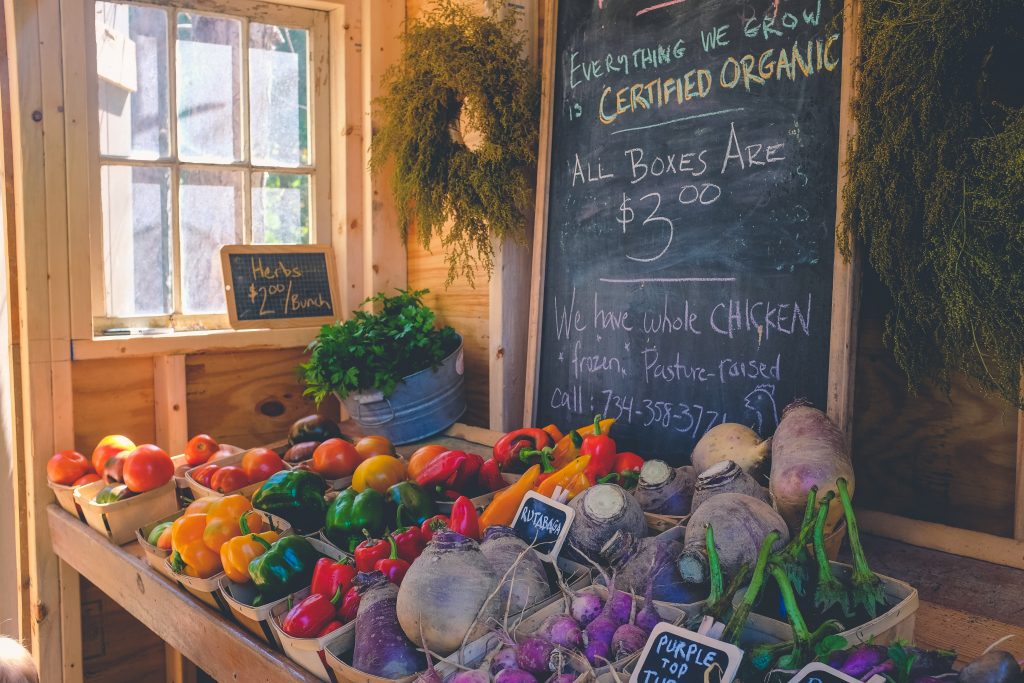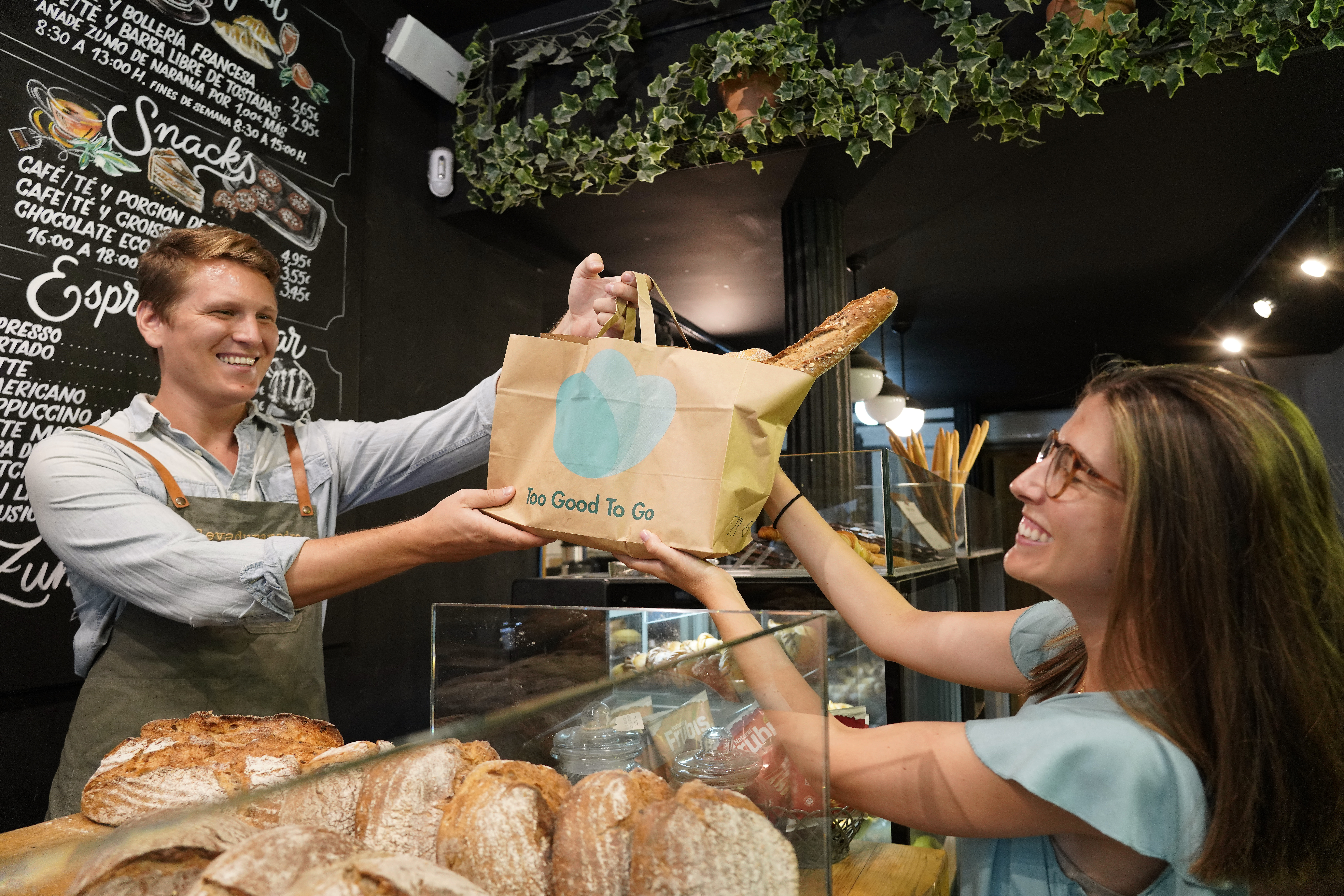This month we deepen into the Sustainable Development Goal #2 (SDG 2) which aims to attain zero hunger, achieve food security and improved nutrition, and promote sustainable agriculture by 2030.
According to the Food and Agriculture Organization (FAO), 8.9 percent of the world population (nearly 690 million people) is starving. Therefore, radical action needs to be taken to provide food and humanitarian relief to the most at-risk regions. The majority of the world’s undernourished (381 million) are still found in Asia. More than 250 million live in Africa, where the numbers are growing faster than anywhere in the world.
SDG 2 interconnects with many other SDGs. For example, it is closely related to ending poverty (SDG 1) that we looked at last month. In addition, there is also a strong connection with ensuring availability and sustainable management of water (SDG 6), and taking action to combat climate change (SDG 13) since they are both necessary to sustain food production.
This SDG has 8 specific targets (sub-goals) that are related to ensure sustainable food production systems and implement resilient agricultural practices, maintain the genetic diversity of seeds, enhance agricultural productive capacity in developing countries, and limit extreme food price volatility, among others. It has been agreed 14 specific indicators to measure these targets.
Good news is that you don’t need to be a business or a citizen of the countries that are most affected by hunger to be able to take some action, we can all contribute no matter where we are or where we are from. Solutions for these problems, such as sustainable farming and increasing use of agrotechnology could solve multiple problems at once.
It’s difficult, not impossible
There are various factors that could put food security at risk and can make us think that there is nothing we can do to change this situation, that it is impossible. I’m not going to be the one that is going to tell you it’s easy to do, it’s definitely difficult but not impossible. Let’s look at the challenges first, probably some of the biggest ones are the following:
- Climate change. It undoubtedly plays an important role in agriculture. The increase of extreme weather events (i.e. drought, unpredictable rainfall, fires, storms, hurricanes, etc.) and the change of temperatures is impacting agricultural activities worldwide, creating adverse conditions for food production.
- Mono cropping systems. Moving from multi to mono cropping systems has limited the diversity of agricultural products. In addition, an increasing inclination towards cash crops such as coffee or cacao that are grown to sell for profit can lead to price variations which will directly affect the already very low income of smallholder farmers.
- Food wastage. According to FAO, we throw away an estimated 1.6 billion tonnes of primary product equivalents at the global level. Let us get this right: on one hand millions of people are dying of malnutrition and on the other hand we are throwing tonnes of food away? Does this even make sense? It doesn’t at all but sadly it is happening because of the global trade systems, consumption patterns in the developed world, and so on.
A lot of food for thought, quite literally. Investment in the agriculture sector together with ending food waste are critical to increase agricultural productivity and sustainable food production, build resilience to disasters and shocks, and therefore, reduce hunger and poverty. Although the problems around hunger and malnutrition seem local and far away, we can all contribute, even if your business is not active in developing markets.
How can we help to achieve zero hunger?
You can make changes in your own life (at home, at work and in the community) by supporting local farmers or markets and making sustainable food choices, promoting good nutrition for all, and fighting food waste. You can also use your power as a consumer and voter, demanding businesses and governments make the choices and changes that will make zero hunger a reality.
- Supporting smallholder farmers
Microfinance initiatives can provide finance to small farmers to be self-sustainable and improve agricultural productivity and sustainability, and subsequently increase their ability to ensure food production and food security for the local community.
In addition, new technologies and devices like cell phones can facilitate knowledge transfer to rural farmers on the food production cycle and market linkages. Agriculture is an enormous business and it is important to create opportunities to motivate the younger generation to step up and pursue a career in agriculture in order to secure long-term food security.

- Understanding your value chain
Partnering with local farmers and other suppliers throughout the value chain improves the productivity, sustainability and viability of local farmers and communities. Although supply chains might be large and opaque, this should not discourage companies from upholding the highest standards of sustainability in sourcing practices, enhancing traceability of input materials and demonstrating transparency in the supply chain, since its global impact is of high importance.
Individuals also have a choice and it is our responsibility to decide who our suppliers are, that means we have the power of deciding where to buy and how to spend our money. There are studies that show that consumers today are more prepared to pay for products that are aligned to any of the SDGs. Likewise, we should also think about our eating habits and ask ourselves before we buy: Are we going to eat all this food? Does my body need this amount of food? Is this real food?

- Reducing food waste
This is something food retailers are getting up to speed with because it can really help to fight hunger. For example, Walmart is now willing to sell ‘not as beautiful’ food and is working to obtain 100% of the suppliers’ harvest. There are other companies like the game developer Zynga which contributes by giving gamers the possibility to buy in-game gadgets that support the United Nations’ World Food Program.
Hotels for example have a big responsibility on this matter. Especially those that serve buffets should be calculating the amount of food that is actually being consumed so that the minimum possible goes to the garbage. Currently there are methodologies that measure the amount of food waste hotels are incurring in. This will help the food and beverage department make better purchasing decisions.
Also, in recent years, we are seeing more and more apps targeting this issue. I personally really like “Too good to go” because it’s helping the industry and the consumers get matched to avoid throwing away more food. Once you download the app, you can check which local stores nearby have surplus food and you can just get it for a cheaper price, it is very user friendly and a smart idea to help the planet.

Defeating hunger is a global mission and achieving it by 2030 depends on all of us: politicians, entrepreneurs, scientists, teachers and any given citizen. What we have shared in this blog post are just some practical examples on what can be done. There are many other ways to do it, if you would like to delve into this subject or have any questions, do not hesitate to contact us, we are here to help!

Futural Tourism Founder & CEO.
Sustainable Tourism Specialist with over 10 years of varied professional experience in the fields of sustainable tourism management and research, access to finance for small and medium enterprises, credit infrastructure and international commerce.

